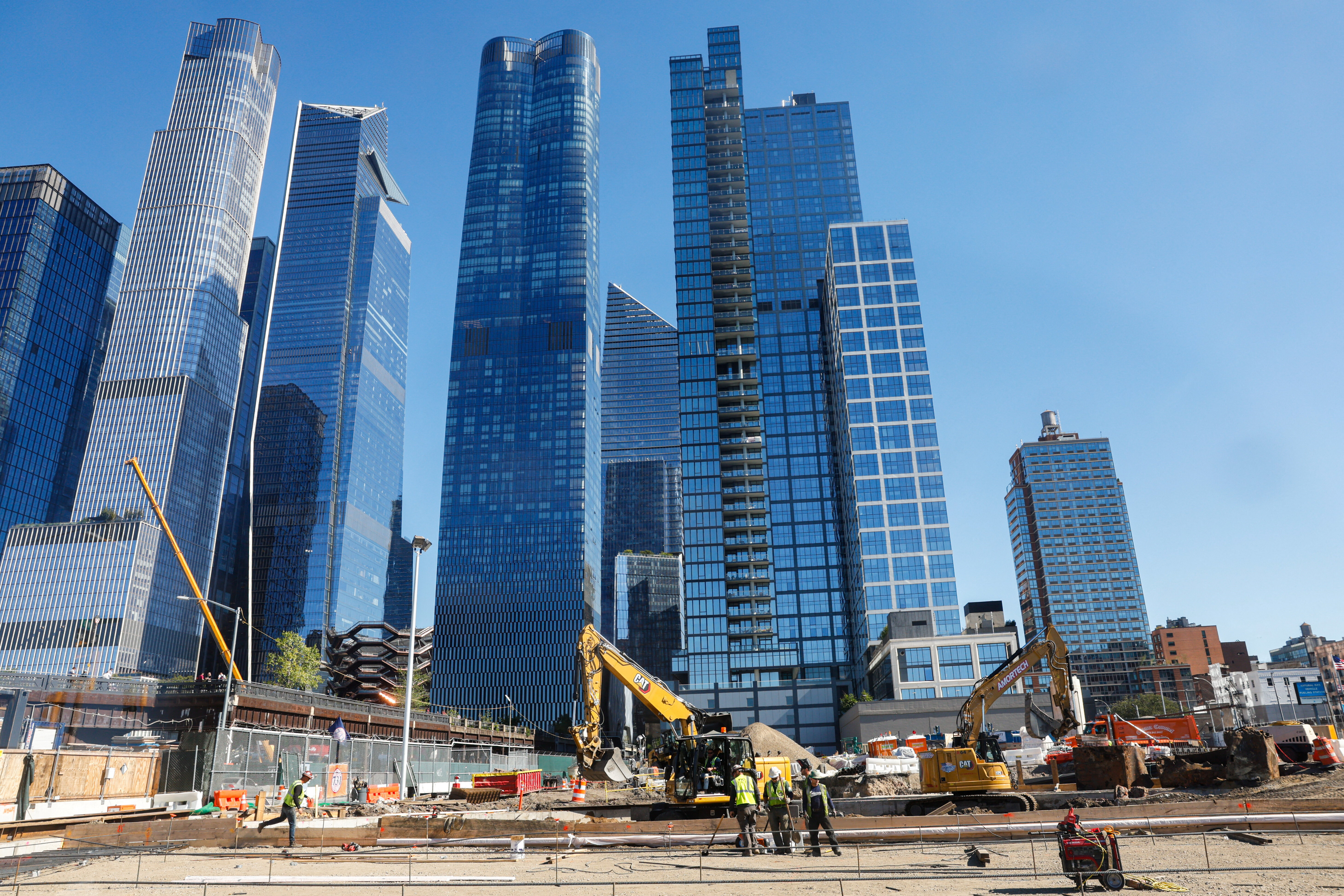New York City may criminalize company expectations that workers check emails at home

New York City may make it illegal for employers to require employees to check work email outside regular work hours. Image: REUTERS/Andrew Kelly
Sending your team emails and Slack messages after everyone's left for the day is annoying.
Soon, it could also be a crime.
A new bill in New York City aims to protect workers' "right to disconnect," making it illegal for employers to require employees to check their work-related electronic communication outside regular work hours.
The bill will be introduced in the City Council meeting Thursday by Raphael Espinal, who represents District 37 (in Brooklyn).
Time Out New York reports that if the law is passed, workers who are barraged by super late or early emails from their managers could complain to the city's Department of Consumer Affairs, which would initiate an investigation. If the boss is found guilty, they would have to pay a fine.
New York City isn't exactly a pioneer in this domain.
In 2017, for example, France passed a law that lets them ignore emails outside working hours, Business Insider's Rob Price reported. (The French law applies to companies with 50 or more employees; the New York City bill applies to companies with at least 10.)
And the German company Volkswagen switches off their email servers late at night because they "respect relaxation time."
In many cases, after-hours work email elicits more than just an eye roll. Business Insider's Julie Bort reported on a study that found employees are emotionally exhausted by the expectation that they're always available.
Ultimately, regardless of whether New York City passes the law, the onus may be on employees to monitor their attachment to their inboxes.
David Burkus, author of "Under New Management," told Business Insider's Áine Cain that many people complain about receiving after-hours emails from bosses or clients.
"But when I ask them if they expect subordinates or anyone else to respond in such a short period of time … they say no. We all feel pressured to respond quickly, but we all feel like its someone else pressuring us. Maybe it's all in our heads."
Don't miss any update on this topic
Create a free account and access your personalized content collection with our latest publications and analyses.
License and Republishing
World Economic Forum articles may be republished in accordance with the Creative Commons Attribution-NonCommercial-NoDerivatives 4.0 International Public License, and in accordance with our Terms of Use.
The views expressed in this article are those of the author alone and not the World Economic Forum.
Stay up to date:
United States
Forum Stories newsletter
Bringing you weekly curated insights and analysis on the global issues that matter.








